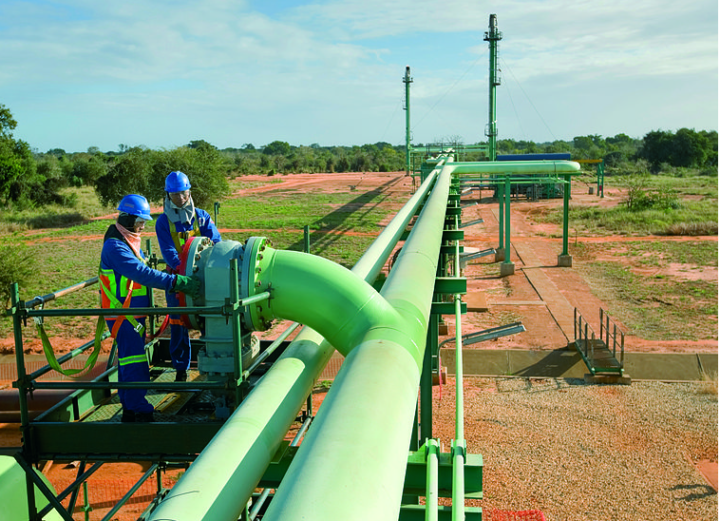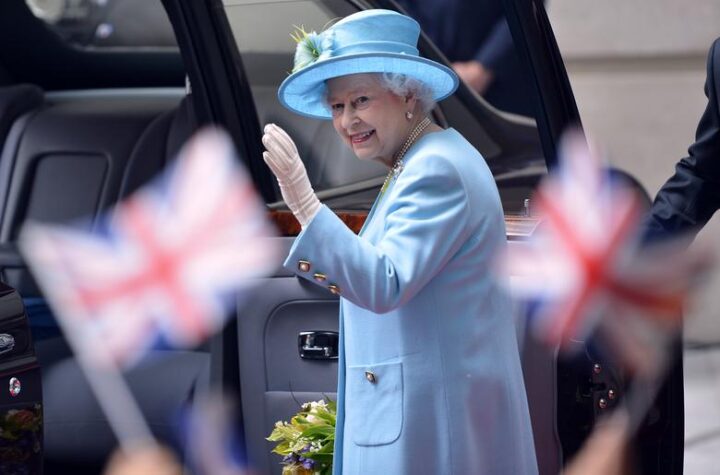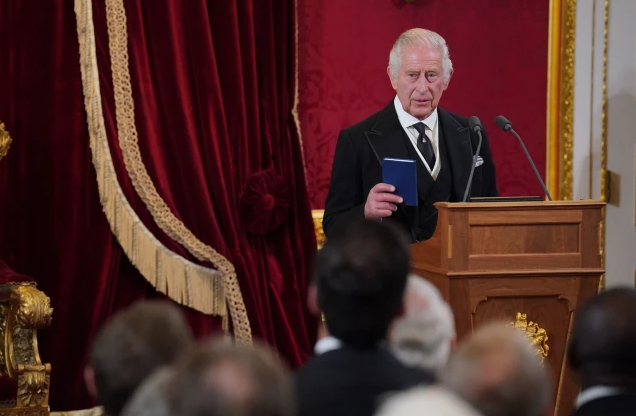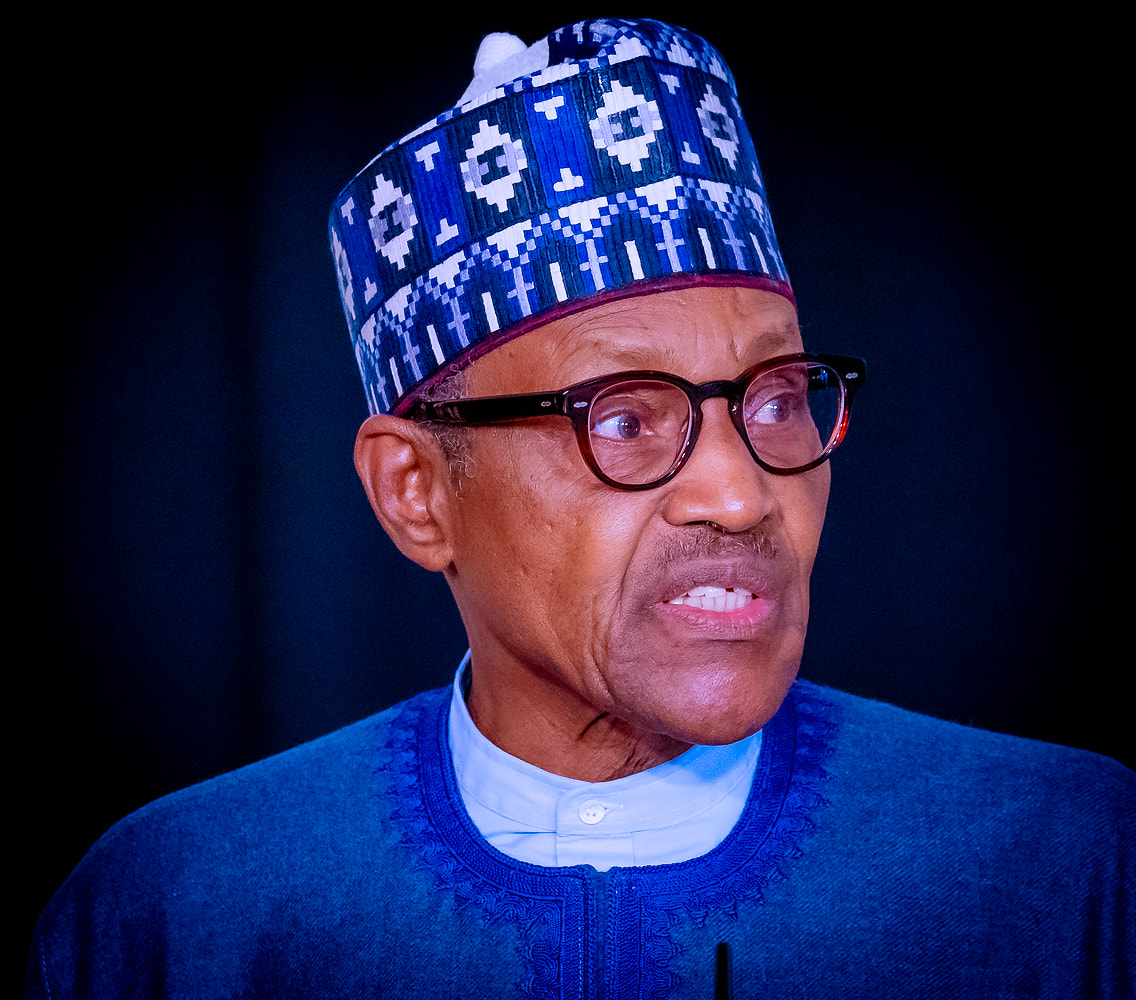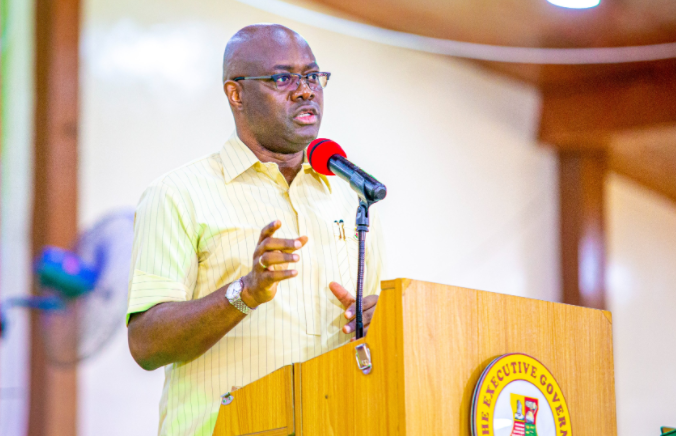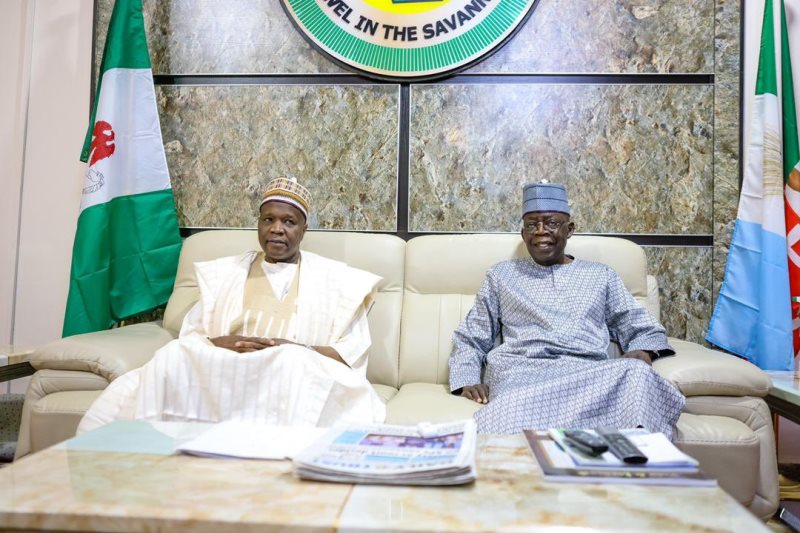Annually, world leaders gather in what is considered the biggest climate change summit known as the conference of the parties (COP). This year, the 27th edition of the conference, otherwise known as COP27, is set to happen in Egypt in November.
Africans see this as a great opportunity to advance Africa’s climate challenges and secure actionable solutions for the continent. One of such solutions is to ensure a just energy transition for the continent by attracting climate finance for technology and energy infrastructure. These would help Africa reduce its emissions while building its economy in a sustainable way.
However, there have been inconsistencies in what stakeholders in the continent consider a just transition. While leaders in government are saying their desire is for the continent to use gas as a transition fuel, civil society organisations (CSOs) and experts are kicking against this.
This article looks into the different perspectives put forward by African leaders and CSOs and the way forward for the continent ahead of COP27.
Advertisement
FOR CONTEXT, WHAT DOES IT MEAN TO USE GAS AS TRANSITION FUEL?
To use natural gas as a transition fuel means to substitute high-content fossil fuels such as coal and oil with natural gas, which is considered a low-carbon fuel. This is to reduce CO2 emissions in the near future. Thus, natural gas would now play the role of bridging between more polluting fossil fuels and zero-carbon technologies such as wind and solar energy. In the process of this transition, natural gas would be used to generate electricity, cook, and fuel transportation vehicles, among other things that dirty fuels like oil previously did.
‘OUR ECONOMIES WILL CRUMBLE IF WE DO AWAY WITH FOSSIL FUEL’
Advertisement
African leaders are of the view that the economies of countries in the continent will collapse if they do away with fossil fuels. They complain that the continent has contributed about two to three per cent of global emissions and remains the most vulnerable to the climate crisis.
These leaders argue that Africa should at least be allowed to build and develop its economy using fossil fuels. And so in June 2022, an African Union Technical Committee and energy ministers from across the continent proposed an “African Common Position on Energy Access and Transition” intended to be adopted at COP27.
This document details the idea that African leaders would desire to use gas as a transition fuel as the world transitions to clean energy.
Prior to this joint agreement, some African leaders have been known to be vocal on this issue. One of them is Nigeria’s Vice-President Yemi Osinbajo who has continually said the continent needs more time to use fossil fuels to accelerate development and prosperity for its people.
Advertisement
On August 24, during the launch of Nigeria’s energy transition plan, Osinbajo still reiterated that “gas will play a critical role as a transition fuel in Nigeria’s net-zero pathway.”
Senegal’s President Macky Sall said ending financing for gas would deal “a fatal blow” to economies in West Africa, adding that “blocking financing for the gas sector would add a great economic injustice to the climatic injustice Africa is already suffering from more than any other continent.”
Also, Mohammed Amin Adam, Ghana’s deputy minister of oil, said the transition is a “curse” that will be disruptive to the economies of Africa and ensure the continent is left behind by the rest of the world.
‘DO NOT LOCK AFRICA INTO FOSSIL FUEL’
Advertisement
On the contrary, intergovernmental organisations in Africa have kicked against the viewpoint being peddled by the leaders, saying that their approach will “lock Africa into fossil fuels for decades”.
In a 25-page memorandum, these organisations opposed the AU technical committee’s decision, stating that an expansion of fossil fuel production – including the long-term utilisation of fossil gas – is not an “energy transition”.
Advertisement
“Despite purporting to be about ‘energy access’ and ‘energy transition’ the technical paper, the meeting report, the ministerial declaration, and the proposed decision for the AU executive council focus extensively on the maintenance and expansion of fossil fuel production, particularly fossil gas, and on nuclear energy and hydrogen gas, and makes no specific recommendation on scaling up renewable energy production as part of an energy transition from fossil fuels, or about targeting decentralised energy to 600 million people in Africa that currently lack access,” the document reads.
In an interview with TheCable, Charity Migwi, regional coordinator at 350 Africa, said these leaders are not necessarily concerned about the continent’s needs and its people but about their “selfish interests” and the fact that “their pockets won’t be lined with money”.
Advertisement
She said the leaders are only trying “to sell fear to us that our economy will collapse,” meanwhile African countries that produce oil and coal still have very huge populations of people who are very poor.
“Gas is even more potent than oil and coal” given the climate crisis because gas actually produces methane, and methane is even more harmful than carbon,” she said.
Advertisement
Also, Richard Munang, an environment and development policy expert, is of the opinion that African leaders are only trying to “spin reality” when they turn to development as the fundamental rationale for Africa to extract more oil and gas.
“However, the dividend from this narrative is weak as there is no clear evidence that this will create broad-based wealth on the African continent nor alleviate crippling energy access deficits,” he said.
“African companies control 33 per cent of projected oil and gas production in Africa. The rest is controlled by companies in the global north holding the majority, making it highly unlikely that a significant share of the revenues from their sale will remain in Africa to fund local development and climate action solutions.”
He also mentioned that less than 50 per cent of African countries are known to have proven oil and gas reserves, and only 12 have significant amounts, so “If natural gas exploration were to be a policy direction, then over 50 per cent of the countries would be excluded from these developments.”
THE WAY FORWARD AS COP27 DRAWS NEAR
As COP27 is fast approaching, recent developments have seen the European Union label gas as clean energy, and seek to invest in Africa. But someone like Migwi feels this is hypocrisy on the part of the global north due to the panic from the Russian war.
She said African leaders should stop asking for climate finance on one hand, and on the other hand, telling global north leaders to just come and invest in gas, adding that what the continent needs is an investment in renewable energy.
“The Africa we want is an Africa free from fossil fuels, an Africa that is capable of meeting its own energy needs with clean, renewable and accessible energy. I know we are far from achieving that. But that doesn’t mean that we start looking for harmful entry-level or quick-fix alternatives.”
For Munang, renewable energy is more cost-beneficial for Africa because it is readily available and according to him, the cost of building one natural gas terminal (which is not guaranteed to reach all Africans) will take as much money to power Africa with renewable energy.
“Africa holds the highest comparative advantage of solar globally, with the wealthiest solar resources containing less than one per cent of the global total decentralized solar installed capacity. The current global fossil fuel price hikes are an opportunity to shift energy policies from fossil-based to clean-energy based,” Munang said.
At COP27, will African stakeholders reach a compromise on sustainable climate action for the continent?
Add a comment
